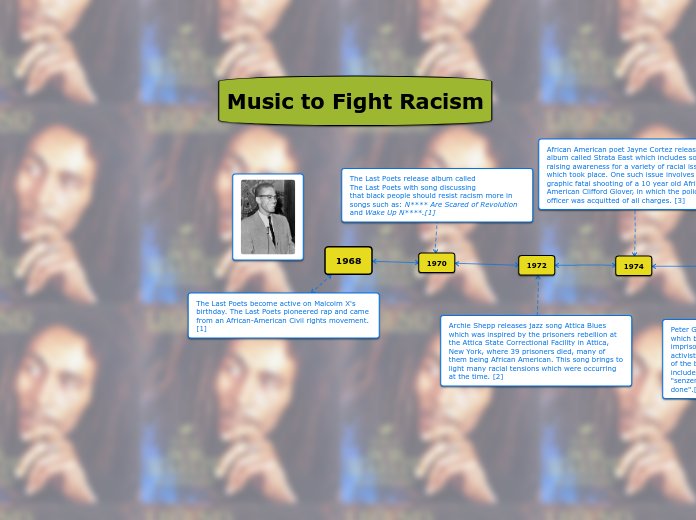a Mahal Himmat 6 éve
335
HIPHOPRAP timeline
Public Enemy's impactful song "Fight The Power" addresses global issues of racism and abuse of power, featured in their album "Fear of a Black Planet," which sold 1.5 million copies.

a Mahal Himmat 6 éve
335

Még több ilyen